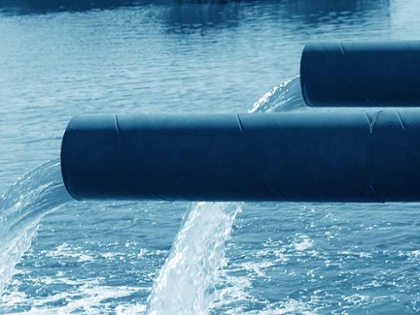Water’s Life-Giving Properties Encourage Bacterial Growth
The biggest issues associated with boilers, cooling towers and plant infrastructure carrying water is the fact that water’s life-giving properties also encourage bacterial growth, which fouls metal surfaces. Water also dissolves gases (like oxygen and carbon dioxide) which can corrode metals. Corrosion is the reversion of a metal to its original ore form – for example, the iron used to construct boilers can revert to iron oxide as the result of corrosion.
If left untreated, scale deposits and fouling diminish equipment’s efficiency, and can lead to unplanned downtime. But guarding against fouling & scale deposits is not a one-size-fits-all proposition, because the quality of a plant’s incoming source water can vary significantly.
- Most boilers and cooling towers require alkaline feed water (pH higher then 7). Metering pumps are used to dose caustics (and acids) for pH control, to bring a plant’s water pH to the desired level.
- Disinfection applications also help to reduce scale build up and fouling.
- And third-party providers offer a wide array of proprietary polymers and chemicals tailored to address a plant’s specific water quality needs.
The benefits of properly administrating scale inhibitors include:
- Optimized plant efficiency
- Increased output
- Streamlined maintenance (and fewer unplanned maintenance requirements)
- Increased reliability and life span for plant equipment
- Increased plant uptime
- And enhanced plant safety
Both diaphragm metering pumps and rotary gear pumps are used to meter scale inhibitors.

